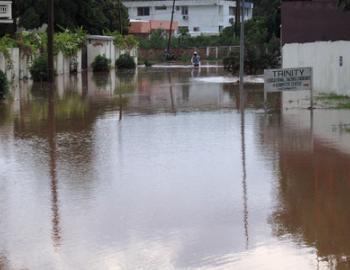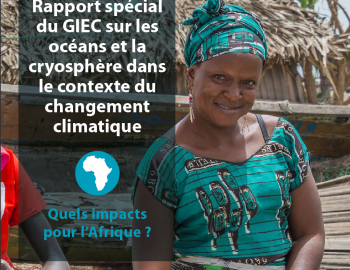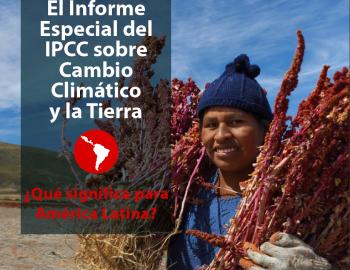REPORT: Qualitative Insights into the Costs and Benefits of Housing in Three Wards in Central Vietnam
REPORT: Qualitative Insights into the Costs and Benefits of Housing in Three Wards in Central Vietnam
Out of these natural hazards, the most dangerous climate hazard in Da Nang is typhoons. Typhoons have the greatest impact on housing compared to other sectors making housing one of the most vulnerable sectors to climate extremes. Housing damage is not caused by climate hazards, but also by inappropriate housing solutions and poor construction techniques. There are several barriers to safe housing construction in Da Nang: (a) additional costs of disaster resistant measures; (b) limited awareness for home owners; (c) social pressures on owners to build more rooms or more living space for larger families; (d) limited family financial capacity or insufficiency money to build; and (e) limited professional and technical assistance in typhoon and storm resistant housing
This paper, Qualitative Insights into the Costs and Benefits of Housing in Three Wards in Central Vietnam, looks at the costs and benefits associated with options to enhance housing resilience to typhoons. The results show three options that local households and governments in the study area undertook to reduce typhoon risks: 1) rebuilding homes; 2) repairing homes; and 3) building public shelters. Results from preference ranking options show that rebuilding homes (Option 1) is the most preferred option, while building public shelters (Option 3) is the least preferred.
Sheltering From a Gathering Storm is a two-year project supported by CDKN targeting peri-urban areas in India, Vietnam and Pakistan to identify practical solutions for resilient shelters and the long-term economic returns of investing in such shelter structures, focussing on cities facing risks from typhoons, flooding and extreme heat.
Further reading:
Case studies:
- Sheltering From a Gathering Storm: Flood Resilience in India
- Sheltering From a Gathering Storm: Temperature Resilience in Pakistan
- Sheltering From a Gathering Storm: Typhoon Resilience in Vietnam
Reports:
- Review of Housing Vulnerability: Implications for Climate Resilient Houses
- Typhoon Intensity and Climate Change, Da Nang, Vietnam
- Extreme Rainfall, Climate Change and Flooding in Da Nang, Vietnam
- Extreme Rainfall, Climate Change and Flooding in Gorakhpur, India (policy brief)
- Lessons from Typhoon Nari: Storm Resistant Housing shown to be Effective
- Sheltering From a Gathering Storm: The Cost and Benefits of Climate Resilient Shelter
Technical briefs:
- Extreme Rainfall, Climate Change and Flooding in Gorakhpur, India (technical brief)
- Da Nang's Extreme Rainfall and Climate Change by the 2020s and 2050s



